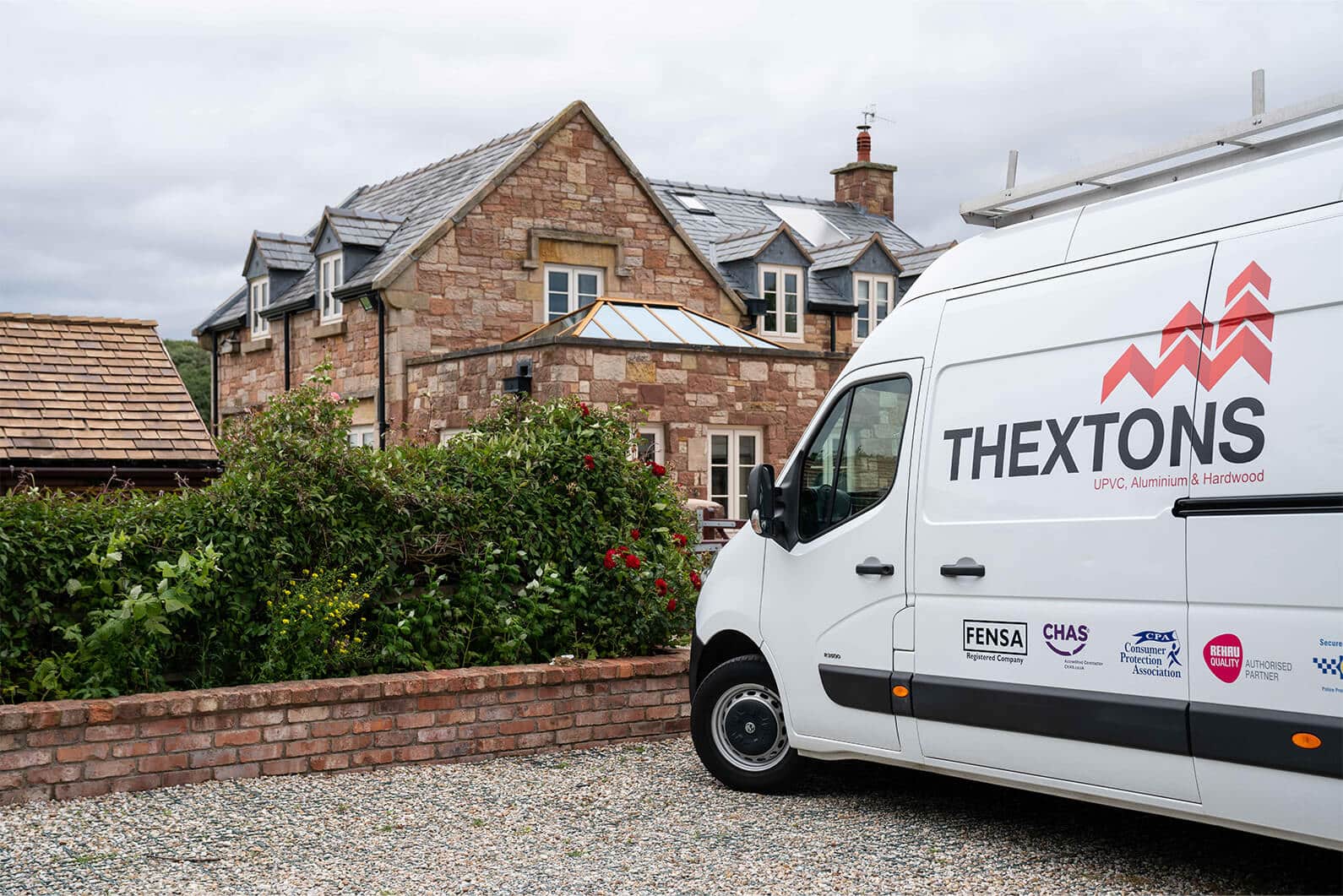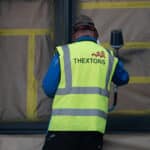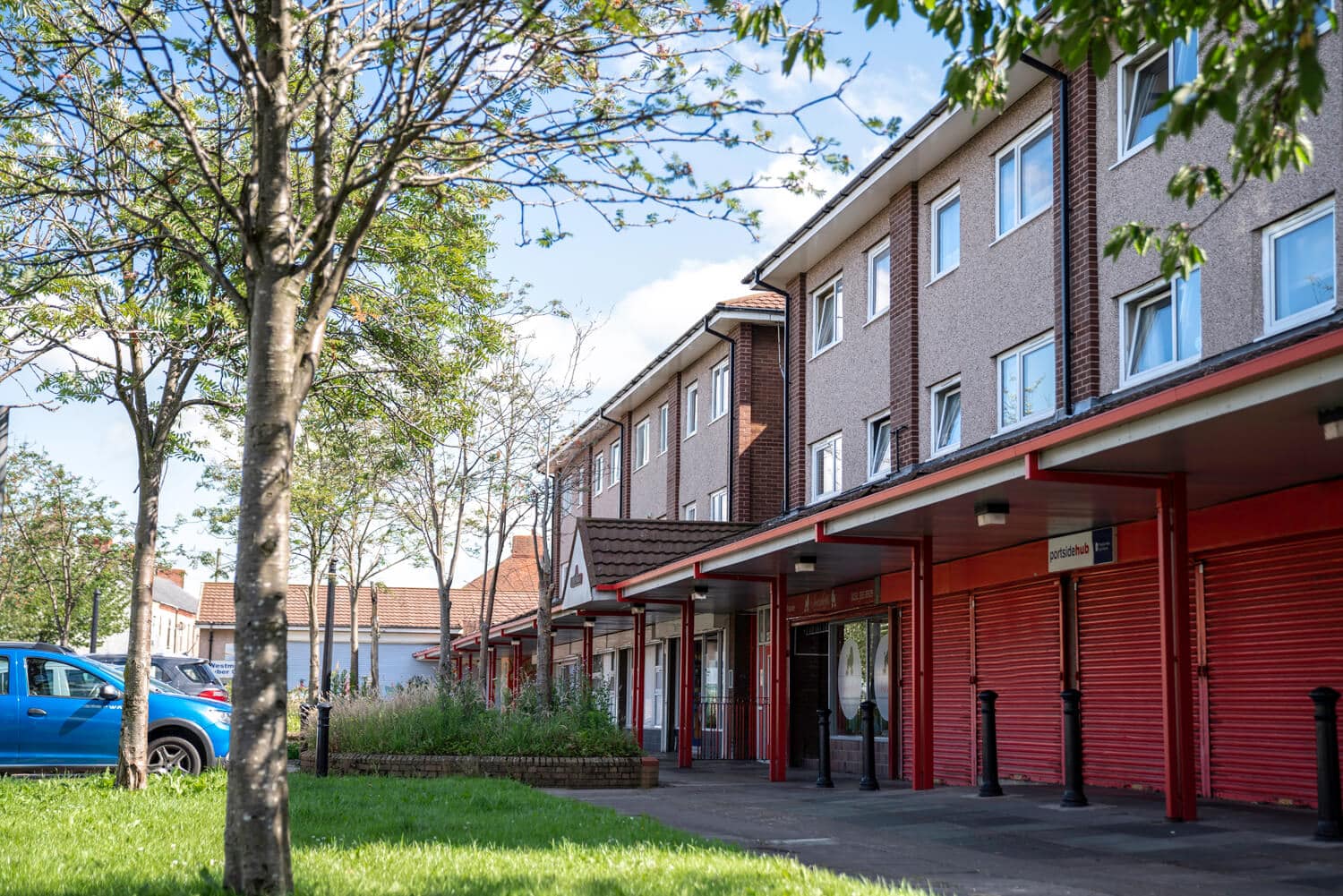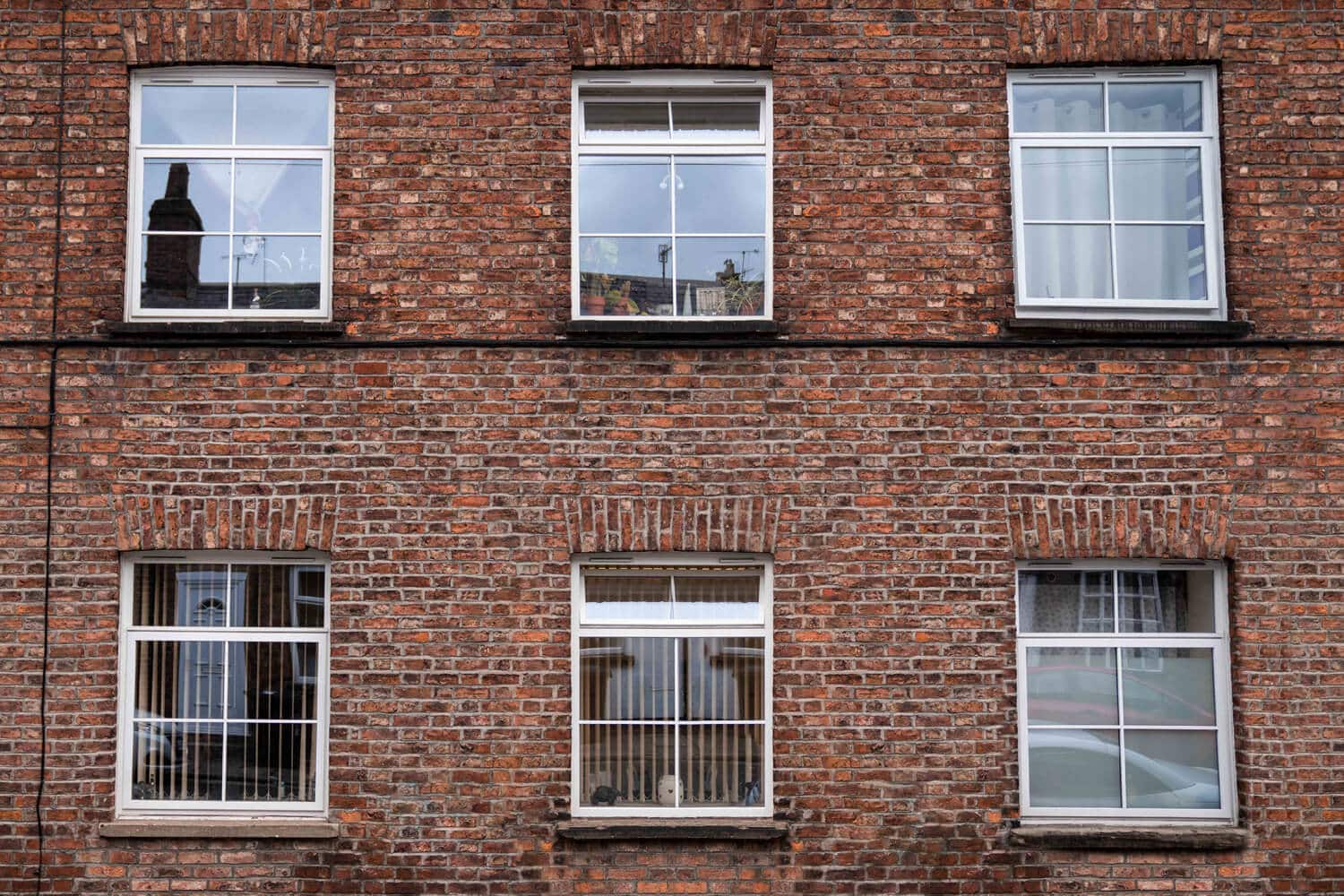Different Types of Domestic Window Glass
It’s a common misconception that all domestic window glass is the same. Many people seem to think that the only difference lies in whether your window units are single, double, or triple-glazed. In fact, there are a wide variety of types of window glass that can be fitted in domestic homes, each of which has its own unique properties.
In this article, we will take a look at some of the most popular types of domestic window glass on the market and how they can benefit your residential property.
Internal Beading
The beading is what holds your glazed window units in place. At one time, these were fitted externally, but most modern windows use internal beading instead. The reason for this is that intruders could remove external beading from the outside of a property with little more than a palette knife. This meant they could also remove the window pane to gain access to the house with little effort. Internal beading removes that option from them.
Low Emissivity Glass
Low-emissivity glass (sometimes referred to as low-e glass) is designed with energy efficiency in mind. It is coated with a microscopic layer of metals and oxides, applied using a magnetron, and fused to the surface of the glass. This coating serves a dual purpose of reflecting heat back into the home while also minimising thermal transfer. This limits the amount of heat lost from your home and can help reduce your heating costs.
Low Iron Glass
Low-iron glass offers superior visibility and clarity, allowing more ultraviolet light to pass through. Popular in solar panel production and aquariums, this type of glass is also used in domestic homes that want to increase their solar gain. This means getting more light into the property, which can improve mental well-being as well as warm the room. Low-iron glass has 70% less iron content than regular glass, which makes it visibly clearer to the naked eye.
Obscure Glass
Obscure glass (also known as privacy glass) is a popular addition to bathroom and toilet windows, though it is also commonly fitted to front doors and front-facing bedrooms where a neighbour might otherwise be able to see in. This type of glass obscures vision from both directions but allows you to retain the benefits of natural light coming through the pane. Obscure glass can be produced using a variety of methods, with the most popular being acid-etched and textured glass.
Safety Glass
Safety glass (or toughened glass, if you prefer) is required by law to be installed in ground-level windows and doors, but it can be applied to all windows in a property. It is manufactured by heating the glass to over 600 °C and then cooling the pane rapidly, changing the break pattern of the glass. What this means in practical terms is that safety glass will not break into dangerous shards when damaged but rather into a pattern of small pieces, limiting the risk of injury.
Laminated Glass
Laminated glass is another form of safety glass that incorporates a layer of polyvinyl butyral (PVB) between two bonded sheets of glass. This layer ensures that the pane will not shatter like normal glass. Not only is this safer, but it also makes it much more difficult to break by force, providing additional security benefits to your home. In addition, laminated glass has been shown to block up to 99% of harmful UV rays, which prevents fabrics and furnishings from becoming faded by sunlight.
Easy escape hinges
A popular safety option for windows is the easy-escape hinge. These can be activated quickly and easily, opening the window to a 90-degree angle, allowing anyone inside the property to escape in the event of a fire or other emergency.

Get in touch
Whatever type of glass you prefer for your domestic property, the team at Thextons can help. We have decades of experience in the industry and can provide you with the windows you need, made-to-measure and installed by our trained and experienced experts. Call today on 0151 608 2278 to arrange a free consultation or to receive a free, no-obligation quote for our services.








